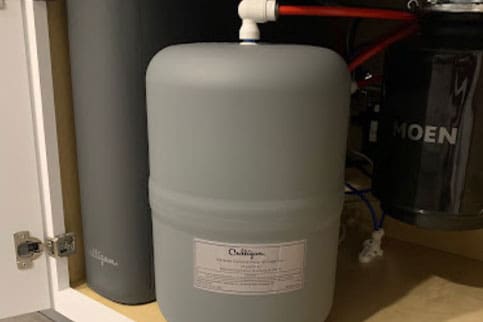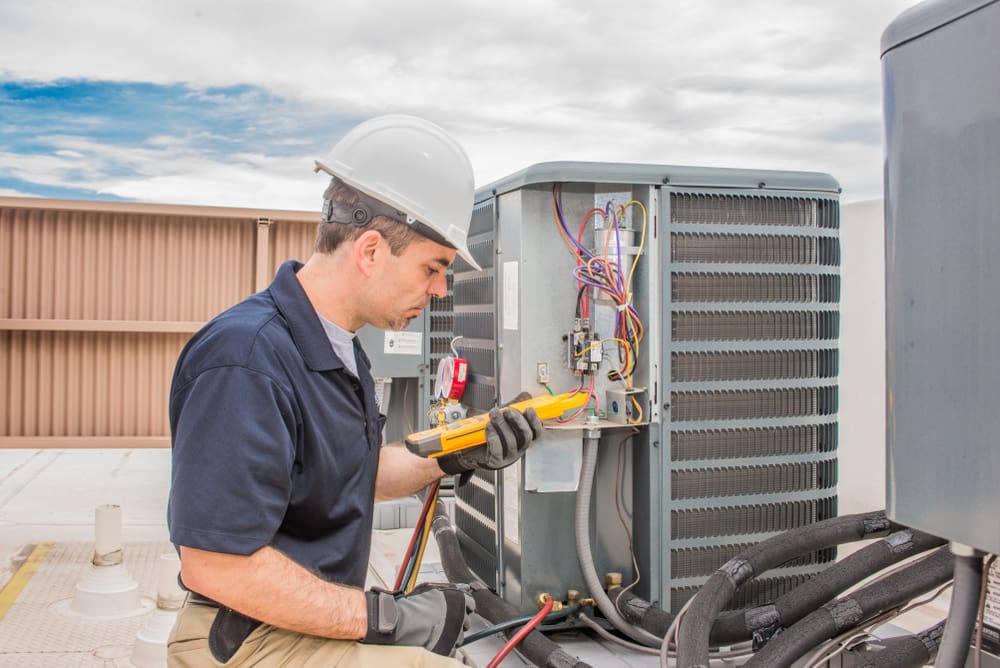When it comes to keeping your home cool and comfortable, selecting the right air conditioning (AC) unit is crucial. An improperly sized AC unit can lead to inefficiencies, increased energy bills, and discomfort. In this comprehensive guide, we’ll explore how to choose the right size AC unit for your home, ensuring you make an informed decision that suits your specific needs.
Understanding AC Unit Size
Before diving into the specifics of choosing an AC unit, it’s essential to understand what size means in this context. The size of an air conditioner refers to its cooling capacity, measured in British Thermal Units (BTUs). A higher BTU rating indicates a greater cooling capability.
Why Size Matters
Choosing the correct size affects several factors:
- Energy Efficiency: An oversized unit cools too quickly, leading to short cycling and wasted energy. Comfort: A correctly sized unit maintains consistent temperatures without humidity issues. Longevity: Proper sizing can extend the lifespan of your AC unit.
Signs You Need a New AC Unit
If you're uncertain about whether you need a new air conditioning system, consider these signs:
- Frequent breakdowns requiring HVAC repair in Tucson. Rising energy bills with no increase in usage. Inconsistent cooling throughout your home.
Factors Influencing AC Size Selection
When determining the right size for your AC unit, several factors come into play:
1. Square Footage of Your Home
The most significant factor in determining the size of your AC unit is the square footage of your living space. Here's a general guideline:
| Square Footage | Recommended BTUs | |----------------|-------------------| | Up to 300 sq ft | 5,000 - 6,000 BTUs | | 300 - 600 sq ft | 7,000 - 8,000 BTUs | | 600 - 1,000 sq ft | 9,000 - 12,000 BTUs | | Over 1,000 sq ft | Consult a professional |
2. Ceiling Height
Higher ceilings mean more volume that needs to be cooled. If your home has ceilings taller than eight feet, consider increasing the required BTU capacity by about 10% for each additional foot.
3. Insulation Quality
The quality of insulation can affect how much cooling capacity is needed:
- Well-insulated homes retain cool air better. Poorly insulated homes might require a larger capacity to compensate for heat loss.
4. Climate Considerations
Your local climate plays a vital role in sizing:
- Hotter climates may require higher BTU ratings. Humidity levels can also dictate how much cooling power is needed.
5. Number of Occupants
More people generate additional heat. As a rule of thumb:
- Add an extra 600 BTUs for each person over two who regularly occupies the space.
6. Sun Exposure
Homes that receive significant sunlight will heat up faster:
- Increase BTU capacity by about 10% if your home receives full sun during peak hours.
How to Accurately Calculate Your Home's Cooling Needs
To accurately calculate the ideal size for your air conditioner:
Determine the square footage of each room by multiplying length by width. Factor in ceiling height adjustments if necessary. Use the chart above as a guideline based on square footage and other influencing factors.Consulting Professionals for Precision Sizing
While DIY calculations provide a solid starting point, consulting professionals like Tailored Mechanical can ensure precision and tailor solutions fitting specific needs. Experienced HVAC technicians can perform load calculations that take all variables into account.
Importance of Load Calculations
Load calculations are essential because they consider all aspects affecting cooling needs:
- Insulation quality Air leakage Local climate variations
Performing these calculations helps avoid common pitfalls associated with improper sizing.

Common Misconceptions About AC Unit Sizing
Let’s debunk some myths around air conditioning sizes:
Myth #1: Bigger Is Always Better
It's tempting to think that larger units will provide quicker relief; however, this leads to inefficiencies and discomfort due to short cycling.
Myth #2: One Size Fits All
Every home is unique! Factors such as layout and insulation quality demand tailored approaches rather than one-size-fits-all solutions.
DIY vs Professional Installation Considerations
Once you've selected an appropriate-sized unit based on various factors discussed above, you'll need to decide between DIY installation or hiring professionals like Tailored Mechanical:
Pros and Cons of DIY Installation
Pros:
- Cost savings on labor Control over project timing
Cons:
- Potential for improper installation Lack of professional warranty
Advantages of Professional Installation
Hiring specialists ensures:
- Compliance with local regulations Warranty protection Efficiency through expert installation practices
Maintaining Your Air Conditioning Unit Post Installation
Once you’ve chosen and installed your new air conditioning system:
Regular Maintenance: Schedule routine check-ups with HVAC repair in Tucson experts. Clean Filters: Change or clean filters monthly during peak seasons. Monitor Performance: Keep an eye out for any unusual noises or performance drops.FAQs About Choosing Air Conditioning Units
Q1: What happens if I buy an undersized AC unit?
An undersized AC unit will struggle to cool your home effectively leading to increased wear and tear and higher energy costs due to constant operation.
Q2: Can I use my old ductwork with a new system?
In many cases yes; however, it's crucial to ensure that it meets current standards and is compatible with modern systems.

Q3: How often should I replace my AC unit?
Typically every 10–15 years depending on maintenance practices and operational efficiency levels observed over time.
Q4: Do I really need professional help?
Yes! Professionals provide valuable expertise ensuring accuracy in sizing while avoiding costly mistakes during installation or repairs later on.
Q5: How do I prepare my house before installing an AC?
Clear out areas around existing units or ducts; ensure access points are unobstructed so technicians work efficiently without delays!
HVAC repair in TucsonQ6: What's included in HVAC repair services?
HVAC repair services typically include diagnostics checks on components like compressors & fans along with replacement parts if necessary!
Conclusion
Choosing the right size AC unit for your home doesn't have to be daunting! By understanding key factors such as square footage, insulation quality, climate considerations, and consulting professionals when necessary like Tailored Mechanical—you're well-equipped for success!
Remember that proper sizing enhances comfort levels while reducing long-term costs associated with inefficient operation methods; so take action today! Whether you're tackling DIY projects or reaching out for expert assistance—make sure you're ready this summer season!
By focusing on these guidelines regarding “how to choose the right size AC unit for your home,” you're setting yourself up not just for immediate relief but long-lasting satisfaction from well-functioning systems designed specifically around YOU!